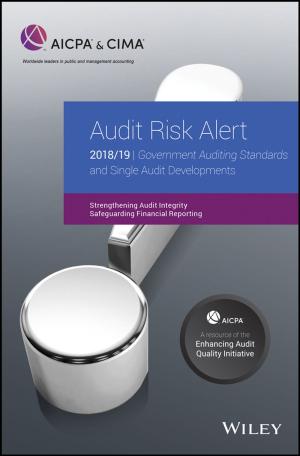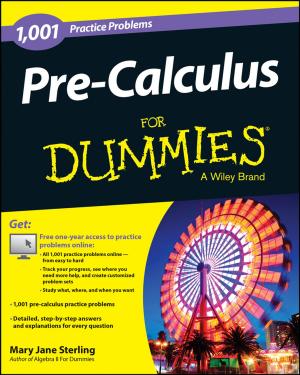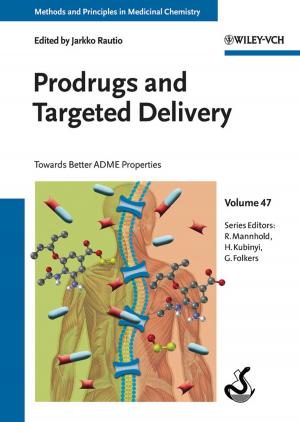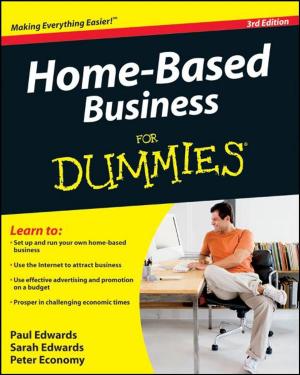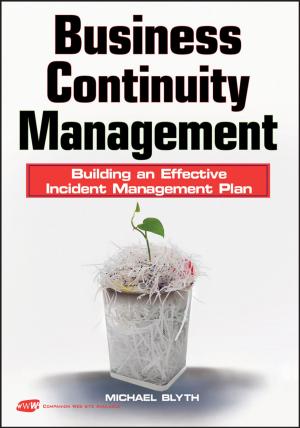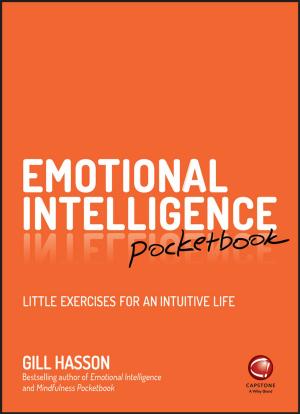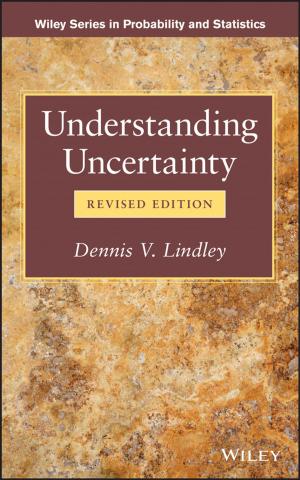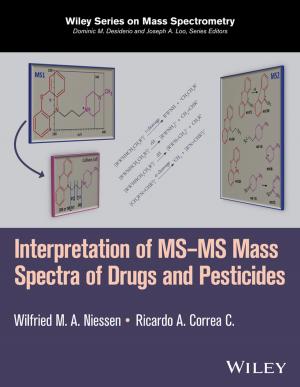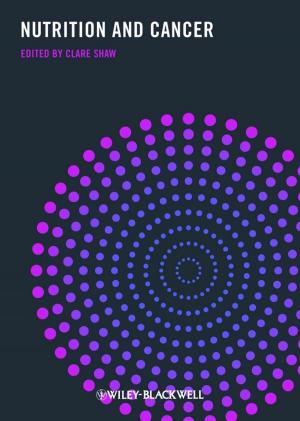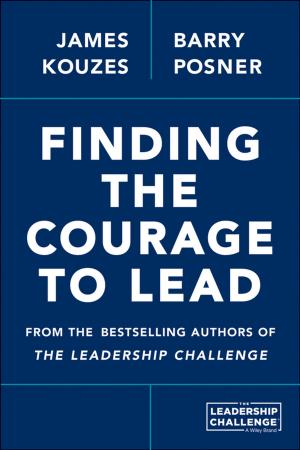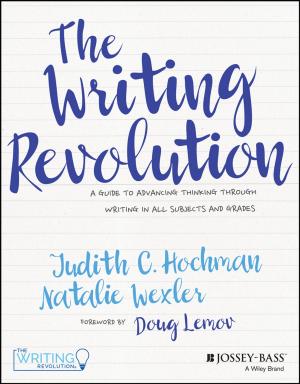Writing for Earth Scientists
52 Lessons in Academic Publishing
Nonfiction, Science & Nature, Science, Earth Sciences, Geology| Author: | Stephen K. Donovan | ISBN: | 9781119216742 |
| Publisher: | Wiley | Publication: | March 14, 2017 |
| Imprint: | Wiley-Blackwell | Language: | English |
| Author: | Stephen K. Donovan |
| ISBN: | 9781119216742 |
| Publisher: | Wiley |
| Publication: | March 14, 2017 |
| Imprint: | Wiley-Blackwell |
| Language: | English |
The time has come. You are an Earth scientist. You’ve spent weeks, months, years working on this project – now is the time to pull it together for publication. You might be writing an undergraduate or graduate thesis, a research paper for a leading journal, a note for the newsletter of the local amateur scientific society, a book review or an abstract for a specialist geological conference. How do you make the transition from promising unpublished researcher to established academic author? Of course, the phrase ‘academic publishing’ covers a multitude of sins; monographs, research papers, book reviews, conference abstracts or whatever each requires a different approach. You have to decide what it is you are going to write and where to publish it. There are co-authors, supervisors of your degree, peer reviewers and editors to deal with on the way. But the only way to write like an academic is to write like an academic. . . where do you start? You could do much worse than start here.
There are many books on how to write and be published aimed at research students and other aspiring academics. Many of these are readable, comprehensive and provide good advice. This book is composed of numerous short chapters on this subject, all directly relevant to one or more aspects of academic publishing and aimed particularly at the Earth scientists in the broadest sense. Geologists will be encouraged to use the book as much as a reference as a reader, ‘dipping in’ to the chapters that contain relevant tips, hints and comments to enable them to improve the paper that they are currently writing. The book is intended to be informative, readable and, above all, of practical application for all readers. In summary, the volume will be a readable compilation investigating many facets of academic publishing relevant to the Earth sciences. It will be of particular interest to postgraduate students, postdocs and new academics
The time has come. You are an Earth scientist. You’ve spent weeks, months, years working on this project – now is the time to pull it together for publication. You might be writing an undergraduate or graduate thesis, a research paper for a leading journal, a note for the newsletter of the local amateur scientific society, a book review or an abstract for a specialist geological conference. How do you make the transition from promising unpublished researcher to established academic author? Of course, the phrase ‘academic publishing’ covers a multitude of sins; monographs, research papers, book reviews, conference abstracts or whatever each requires a different approach. You have to decide what it is you are going to write and where to publish it. There are co-authors, supervisors of your degree, peer reviewers and editors to deal with on the way. But the only way to write like an academic is to write like an academic. . . where do you start? You could do much worse than start here.
There are many books on how to write and be published aimed at research students and other aspiring academics. Many of these are readable, comprehensive and provide good advice. This book is composed of numerous short chapters on this subject, all directly relevant to one or more aspects of academic publishing and aimed particularly at the Earth scientists in the broadest sense. Geologists will be encouraged to use the book as much as a reference as a reader, ‘dipping in’ to the chapters that contain relevant tips, hints and comments to enable them to improve the paper that they are currently writing. The book is intended to be informative, readable and, above all, of practical application for all readers. In summary, the volume will be a readable compilation investigating many facets of academic publishing relevant to the Earth sciences. It will be of particular interest to postgraduate students, postdocs and new academics

